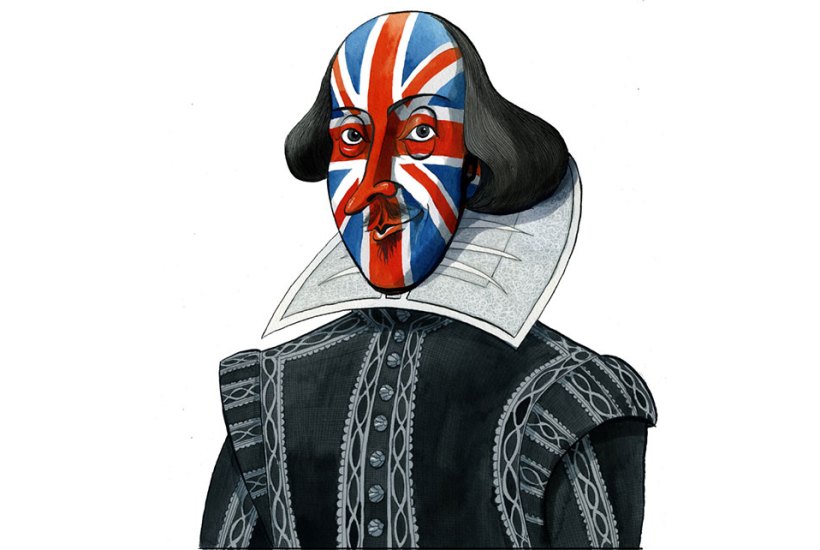![]()
00:00
06:35
Lloyd Evans has narrated this article for you to listen to.
A strip club, a prison, a mental asylum, a Great War field hospital, an addiction clinic, a Napoleonic palace. These are the typical locations for a modern production of Shakespeare, whose interpreters seem to agree that any setting is better than the one chosen by the playwright.
Already a subscriber? Log in
Subscribe for just $2 a week
Try a month of The Spectator Australia absolutely free and without commitment. Not only that but – if you choose to continue – you’ll pay just $2 a week for your first year.
- Unlimited access to spectator.com.au and app
- The weekly edition on the Spectator Australia app
- Spectator podcasts and newsletters
- Full access to spectator.co.uk
Or
Unlock this article
You might disagree with half of it, but you’ll enjoy reading all of it. Try your first month for free, then just $2 a week for the remainder of your first year.








Comments
Don't miss out
Join the conversation with other Spectator Australia readers. Subscribe to leave a comment.
SUBSCRIBEAlready a subscriber? Log in